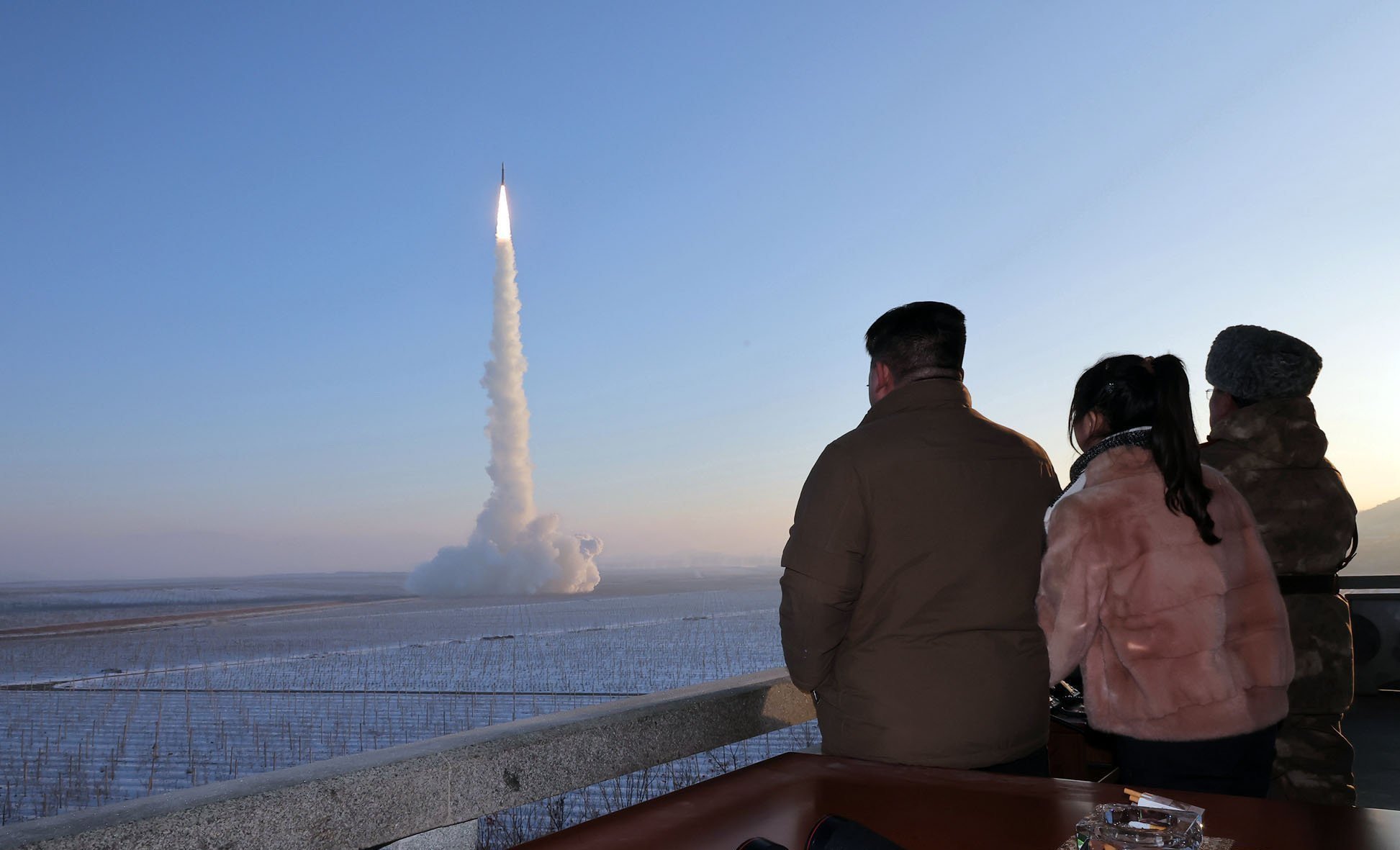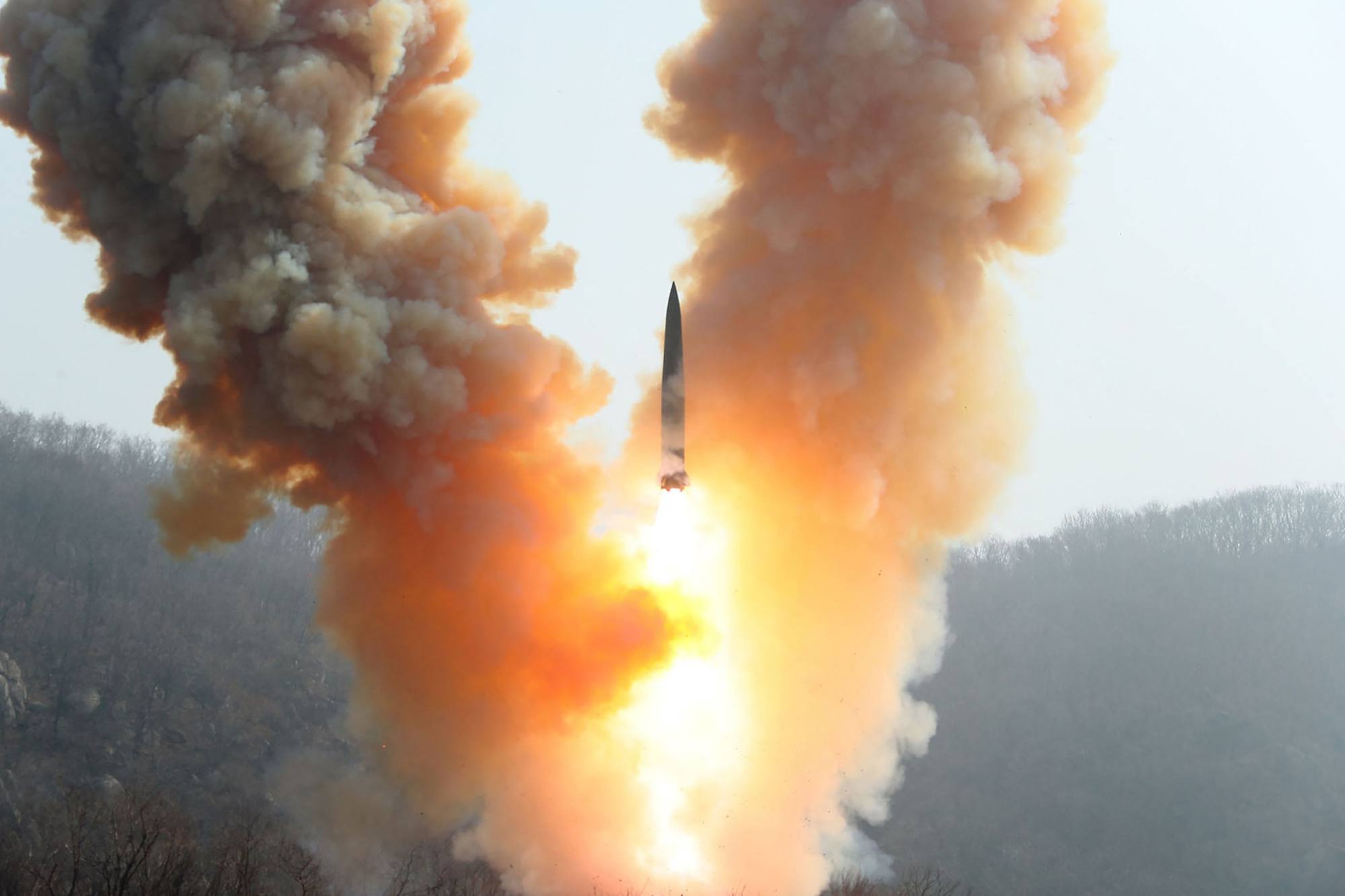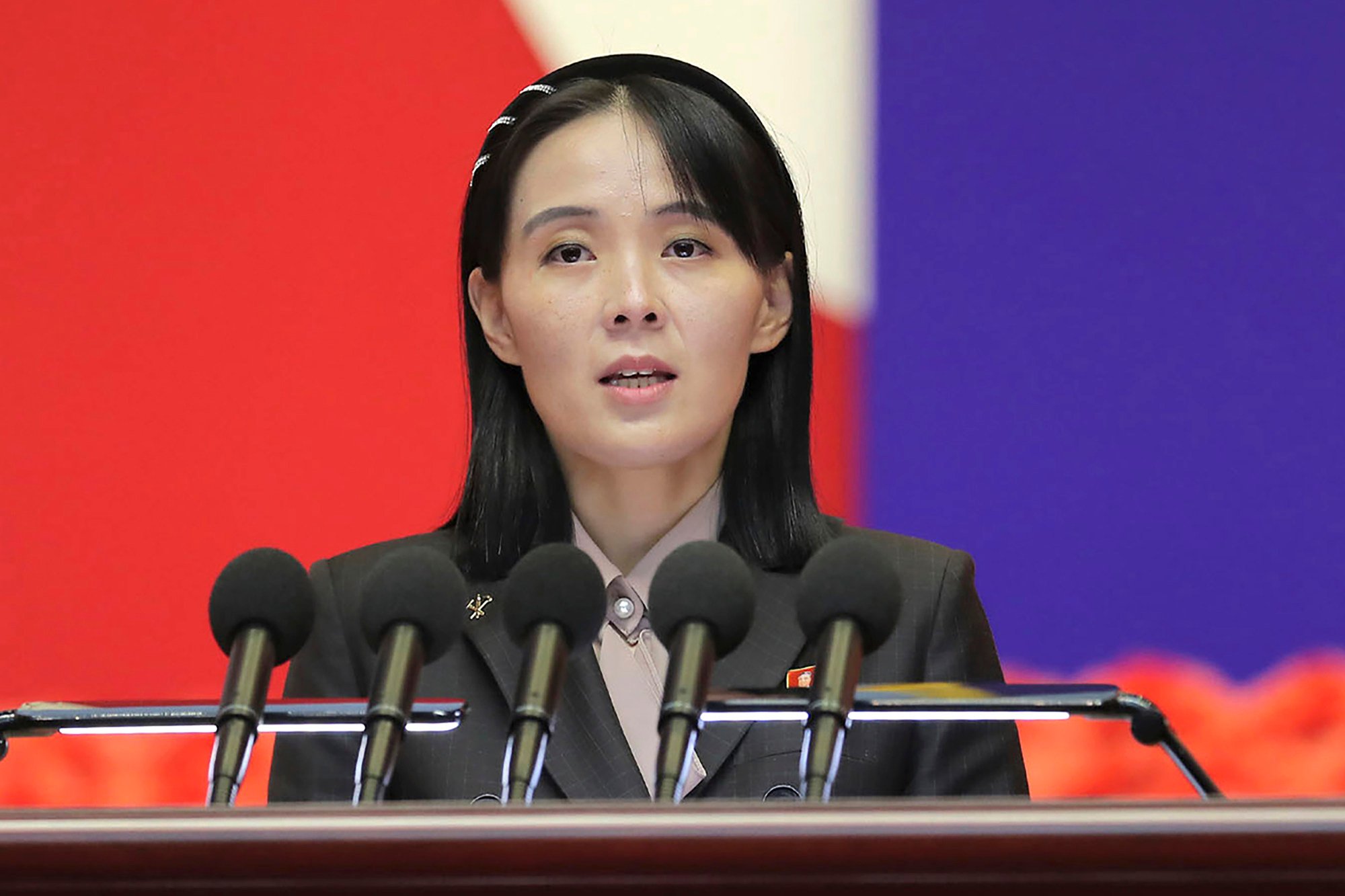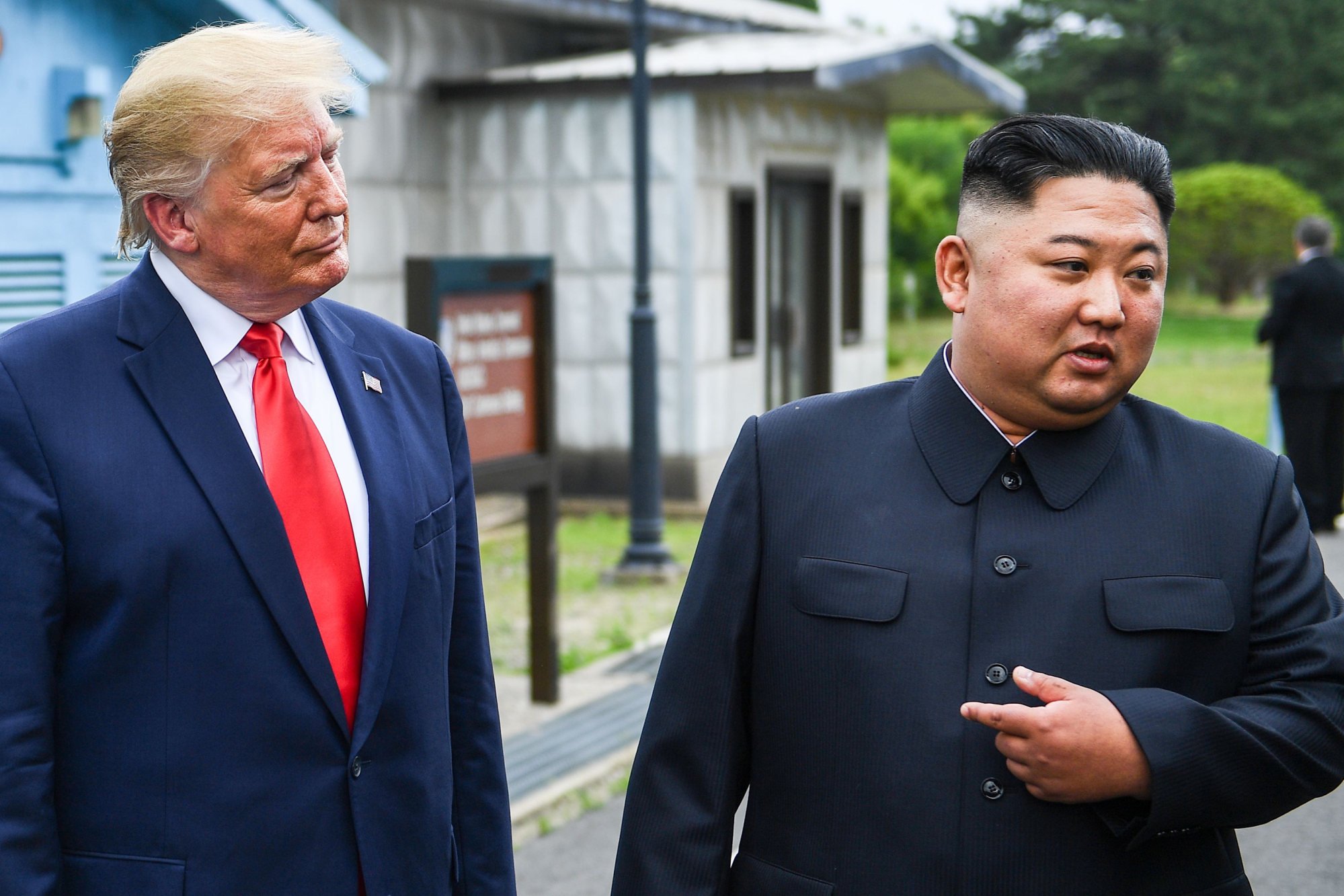Nuclear no-go: North Korea signals denuclearisation-era’s end in twin warnings
In rare twin statements, Kim Jong-un’s powerful sister dismissed the idea of US outreach and demanded ‘nuclear weapons state’ recognition

In a rare display of rapid-fire messaging, the powerful sister of North Korean leader Kim Jong-un has issued back-to-back warnings to the United States and South Korea, rejecting any attempt to question its nuclear status.
Analysts interpret the diplomatic offensive, being led by Kim Yo-jong, as Pyongyang’s bid to seize control of the diplomatic agenda on the Korean peninsula following the recent change of power in Seoul.
On Tuesday, Kim cautioned the US against pursuing denuclearisation, following remarks from a White House official suggesting that President Donald Trump was still open to talks with Pyongyang.
“Any attempt to deny the position of the DPRK as a nuclear weapons state … will be thoroughly rejected,” she said in a statement to state media, referring to the North by the initials of its official name, the Democratic People’s Republic of Korea.

While noting the “personal relationship” between her brother and Trump was “not bad”, Kim warned that it should not be used “to serve the purpose of denuclearisation” in any future talks. Should the US adopt such a stance, “it can be interpreted as nothing but a mockery of the other party”, she added, demanding that Washington recognise North Korea as a “nuclear weapons state”.
Her remarks follow years of stalled diplomacy. Trump and Kim Jong-un met three times during the US president’s first term, but since talks collapsed at their second summit in Hanoi in 2019 over a failure to agree on sanctions relief in exchange for Pyongyang’s disarmament, North Korea has accelerated its nuclear programme.
Referring to the recent overture from Washington, Kim Yo-jong told the North’s official Korean Central News Agency that “a person in authority” at the White House had mentioned that Trump “is still open to dialogue with the DPRK leader for achieving the complete denuclearisation of the DPRK”.
This echoed reports from South Korea’s Yonhap news agency, which quoted an unnamed US official at the weekend as saying Trump “remains open to engaging with Leader Kim to achieve a fully denuclearised North Korea”.

Kim Yo-jong, a key figure in the North’s ruling Workers’ Party, oversees Pyongyang’s relations with Seoul and Washington, and is widely regarded as the regime’s second-most powerful official after her brother.
Her latest statements followed Monday’s rejection of an olive branch from newly inaugurated South Korean President Lee Jae-myung.
On Monday, Kim criticised Seoul’s “blind trust” in its alliance with the US and ongoing hostility towards the North, saying it made Lee’s new liberal administration no different from its conservative predecessor.
Kim’s rapid-fire twin statements – addressed separately to Seoul and Washington – were highly unusual, said Yang Moo-jin, head of the University of North Korean Studies.
This demonstrates North Korea’s intent to take the lead, whether through dialogue or confrontation, in shaping the Korean peninsula agendaYang Moo-jin, University of North Korean Studies
“This demonstrates North Korea’s intent to take the lead, whether through dialogue or confrontation, in shaping the Korean peninsula agenda,” Yang told This Week in Asia.
Yang said Pyongyang might be positioning itself for more active diplomacy ahead in preparation for the Ukraine war’s end and the ninth congress of the Workers’ Party, scheduled for early next year.
Unhandled type: inline-plus-widget {“type”:”inline-plus-widget”}
“The core message of the statement is its emphasis on its status as a nuclear-armed state,” he said.
“This implies that it will not engage in denuclearisation talks, but it would be only interested in nuclear arms reduction talks on an equal footing with the United States.”

Kim’s acknowledgement of the “personal rapport” between her brother and Trump indicated a desire to avoid escalating tensions while keeping the possibility of future summits alive, Yang added.
Experts have long argued that Pyongyang is prepared to discuss only a partial reduction of its nuclear arsenal in return for lifting sanctions and other concessions, while retaining a credible nuclear deterrent.
Previous attempts at diplomacy collapsed after Trump rejected Kim’s demand for extensive sanctions relief in exchange for dismantling a single key nuclear complex, in a limited step towards denuclearisation.
Additional reporting by Agence France-Presse, Associated Press